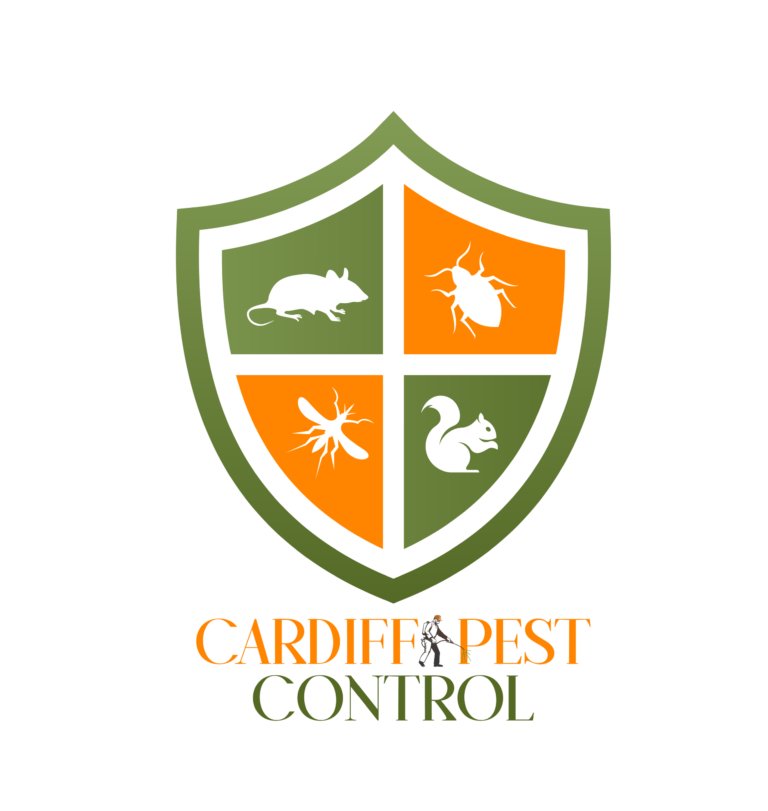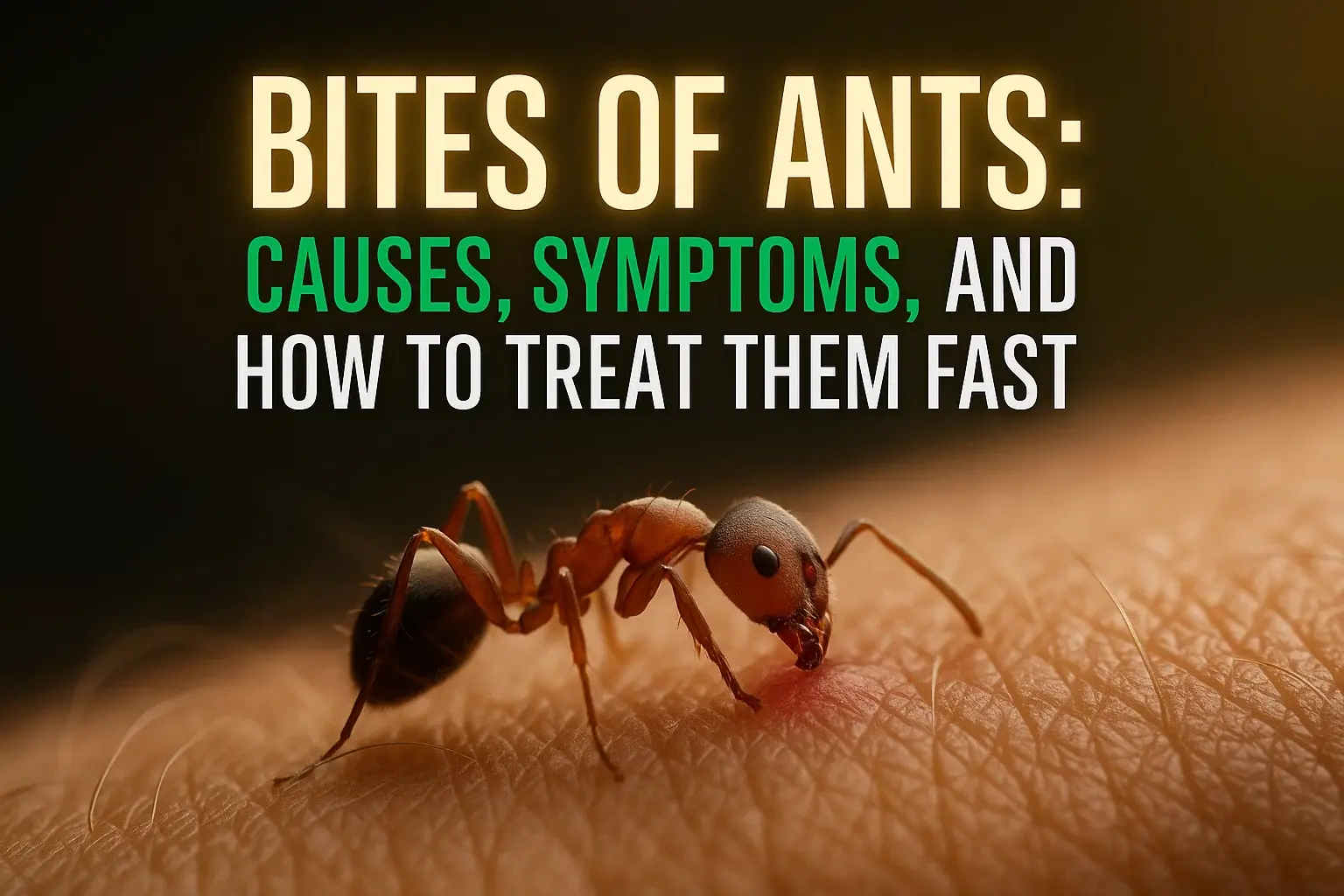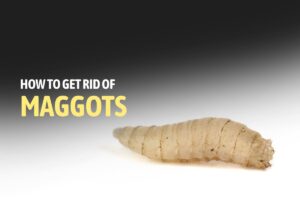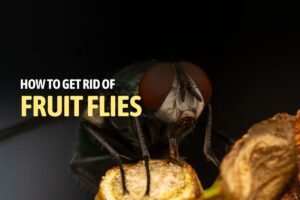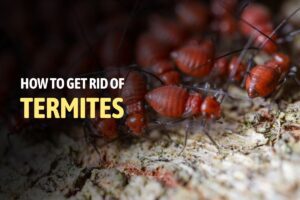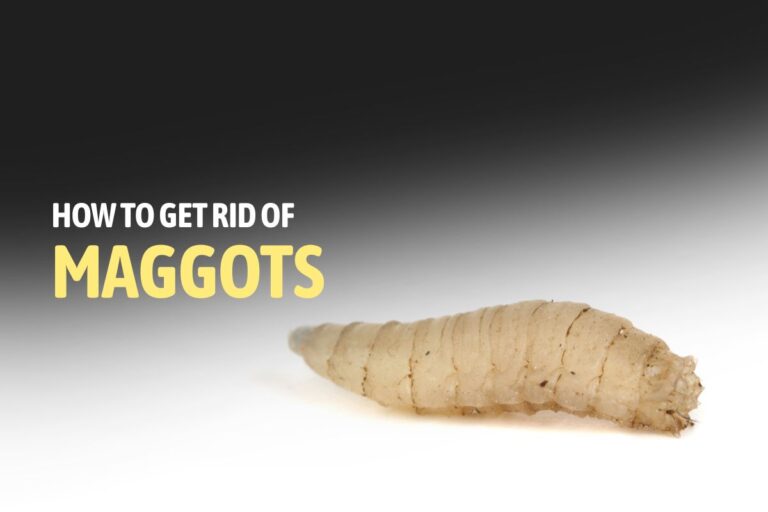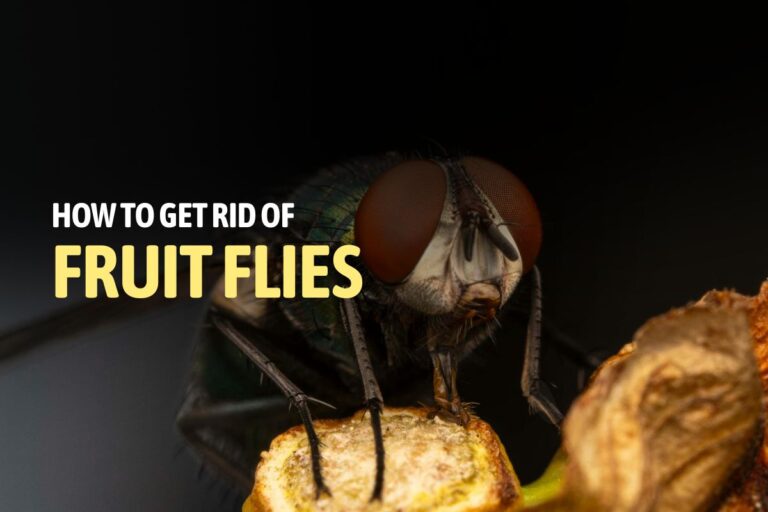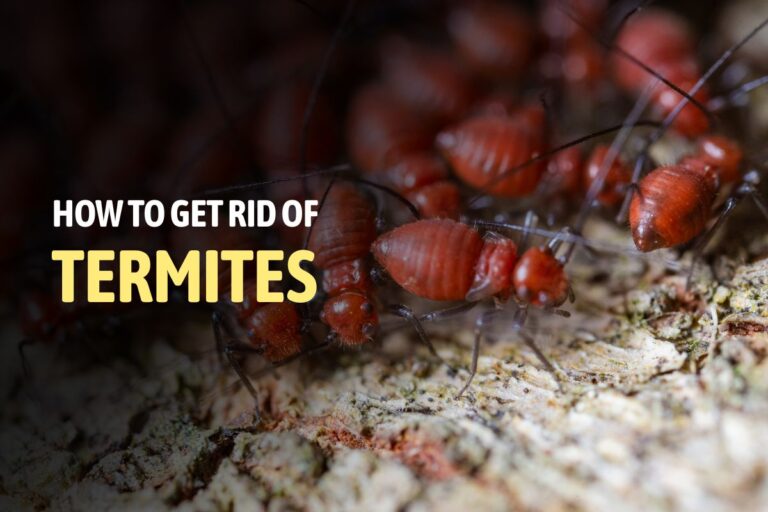Table of Contents
ToggleThe bites of ants may look small at first, but they can quickly turn into a source of discomfort, pain, and even health complications if left untreated. Whether you’re working in your garden, walking barefoot on the grass, or accidentally disturbing an ant nest, chances are you’ve experienced that sharp pinch followed by redness, itching, and swelling. The bites of ants are not only common but also a concern for both adults and children, as they can cause allergic reactions and, in severe cases, require medical attention. Knowing how to recognize these bites, what causes them, and the best ways to treat them can save you from days of irritation or worse.
In this blog post, we will explore everything from why do ants bite to effective ant bite treatment methods, along with natural solutions and preventive tips.
1. Understanding the Bites of Ants
Ants are one of the most common insects in the world, and while they usually mind their own business, they can become aggressive if threatened. Their bites are a defensive mechanism, designed to protect their colony and food supply. You might encounter ant bites when hiking, gardening, playing outdoors, or even in your kitchen if there’s an infestation. These bites vary in severity depending on the ant species, your skin sensitivity, and the number of bites you receive. Some cause only mild irritation, while others can lead to ant bite allergic reaction and serious swelling.
2. What Are the Bites of Ants?
The bites of ants occur when an ant uses its mandibles to pinch the skin, often followed by the injection of venom or formic acid. It’s important to understand the difference between ant bites vs stings:
- Bites: The ant grips your skin with its mandibles, sometimes releasing formic acid to cause irritation.
- Stings: Some ants, like fire ants, use a stinger to inject venom after biting.
Not all ants sting, but many can bite, and the reaction your body has will depend on the type of ant and your sensitivity. Ant bites on skin often appear as small red bumps, sometimes with a white or fluid-filled center.
3. Why Do Ants Bite?
Understanding why do ants bite helps explain why these encounters happen in the first place. Ants bite mainly for:
- Defense – To protect their nest, queen, and food.
- Hunting – Some ants bite prey before stinging or spraying acid to immobilize it.
- Environmental Triggers – Hot weather, heavy rains, or food shortages can make ants more aggressive.
Certain species are notorious for painful bites, including:
- Fire ants – Known for aggressive behavior and venomous stings that follow bites.
- Bullet ants – Famous for their extreme bullet ant bite pain.
- Bulldog ants – Large, aggressive ants found in some parts of the world.
4. Common Types of Ant Bites on Skin
When it comes to ant bites on skin, not all are equal. Mild bites may look like small, itchy bumps, while severe bites can cause blisters, swelling, or even pus.
Notable biting ant species:
- Fire ants – Cause painful blisters and intense fire ant bite symptoms such as itching, burning, and swelling.
- Bullet ants – Their bite has been described as one of the most painful insect bites in the world.
- Carpenter ants – Large ants with strong jaws that can break the skin.
Different ant species inject different amounts and types of venom, which explains why reactions vary from person to person.
5. Symptoms of Bites of Ants
Typical bites of ants symptoms include:
- Redness and ant bite swelling.
- Itching or burning sensation.
- Small, raised bumps.
- In severe cases, pus-filled blisters.
If you experience ant bite allergic reaction signs such as hives, dizziness, swelling of the face or throat, or difficulty breathing, seek medical help immediately.
6. Risks and Complications from Bites of Ants
While most bites of ants heal on their own, there are potential risks:
- Ant bite infection – Occurs if bacteria enter through broken skin from scratching.
- Skin damage or scars – From repeated scratching or severe allergic responses.
- Anaphylaxis – A life-threatening allergic reaction requiring urgent care.
Multiple bites, especially from fire ants, can also cause fever, nausea, and widespread swelling
7. First Aid for Bites of Ants
Knowing first aid for ant bites can make recovery quicker and reduce complications:
- Move away from the ant area to avoid more bites.
- Wash the area with soap and water.
- Apply an ice pack for 10–15 minutes to reduce swelling.
- Elevate the affected area if possible.
- Avoid scratching to prevent ant bite infection.
8. How to Treat Bites of Ants at Home
When dealing with how to treat ant bites, over-the-counter solutions can be effective:
- Ant bite treatment creams with hydrocortisone reduce itching and inflammation.
- Oral antihistamines help with allergic symptoms.
- Pain relievers like ibuprofen can ease discomfort.
- Seek medical help if symptoms worsen or spread.
If ants have invaded your home, you may also want to read this guide on how to get rid of ants in the kitchen to prevent future bites.
9. Natural Remedies for Bites of Ants
Many people turn to natural remedies for ant bites for relief:
- Aloe vera gel – Soothes irritation.
- Honey – Acts as a natural antibacterial agent.
- Baking soda paste – Neutralizes venom.
- Tea tree oil – Reduces itching.
- Apple cider vinegar – Helps with swelling.
For other pests, pest control services and other insect control options are available.
10. Bites of Ants on Children
Children are more sensitive to ant bite on children because their skin is delicate and their immune system may react more strongly. Gentle treatment is key:
- Wash the bite area gently.
- Use mild hydrocortisone cream.
- Monitor for allergic symptoms.
If your child experiences multiple bites or any signs of an allergic reaction, contact a doctor immediately.
11. Bites of Ants on Pets
Pets are not immune to ant bites on pets. Dogs and cats may show signs such as:
- Licking or chewing the bite area.
- Swelling and redness.
- Reduced activity.
Quickly move your pet away from the ants and consult a vet if swelling is severe.
12. Prevention Tips for Bites of Ants
To avoid bites of ants, consider:
- Wearing shoes outdoors.
- Avoiding ant mounds.
- Keeping food sealed.
- Regular yard maintenance.
- Using best ant baits to control ant populations.
- Contacting professionals for ant control if infestations persist.
Conclusion
The bites of ants may seem like a small inconvenience, but they can quickly escalate into a painful and even dangerous situation if ignored. By understanding the causes, recognizing the symptoms, and applying the right treatments, you can recover quickly and avoid complications. Whether you choose medical treatments, natural remedies for ant bites, or prevention methods, taking action is key. And remember, prevention is always better than cure, keep ants at bay, protect your loved ones, and enjoy your outdoor spaces without worry.
If ants have become a problem in your home or garden, don’t wait for bites to happen. Cardiff Pest Control offers professional, safe, and effective solutions for all types of ant problems. Contact us today to protect your family and pets from painful ant bites.
FAQs
1. How to treat ant bites immediately?
Wash the area with soap and water, apply an ice pack, and use an anti-itch cream to reduce swelling and discomfort.
2. How long does an ant bite reaction last?
Mild reactions usually last 1–3 days, while severe swelling or blisters can take up to a week to heal.
3. How to know if an ant bite is serious?
If you experience severe swelling, difficulty breathing, dizziness, or hives, seek medical attention immediately.
4. What are the stages of an ant bite?
It starts with redness and pain, followed by swelling, possible blistering, and gradual healing over several days.
5. Do ant bites need antibiotics?
Antibiotics are only needed if the bite becomes infected, showing signs like pus, worsening redness, or spreading swelling.
